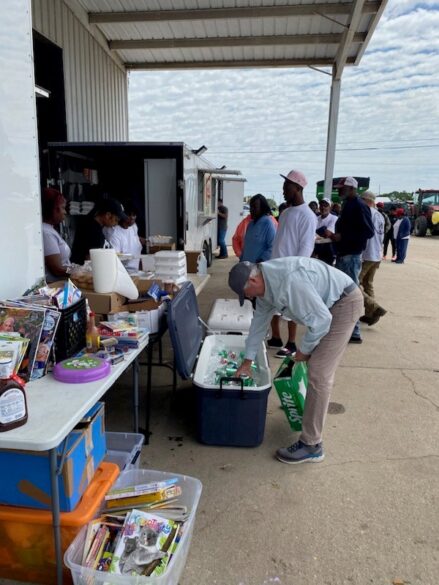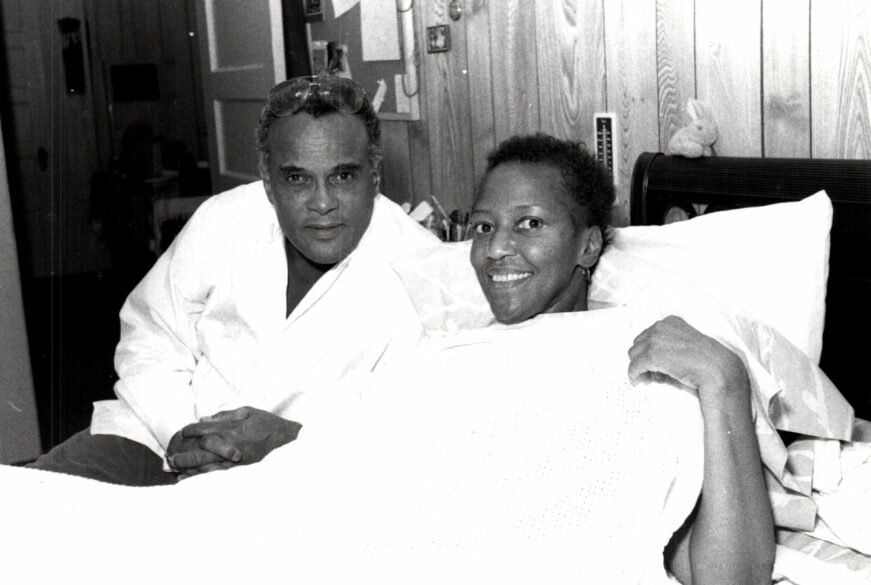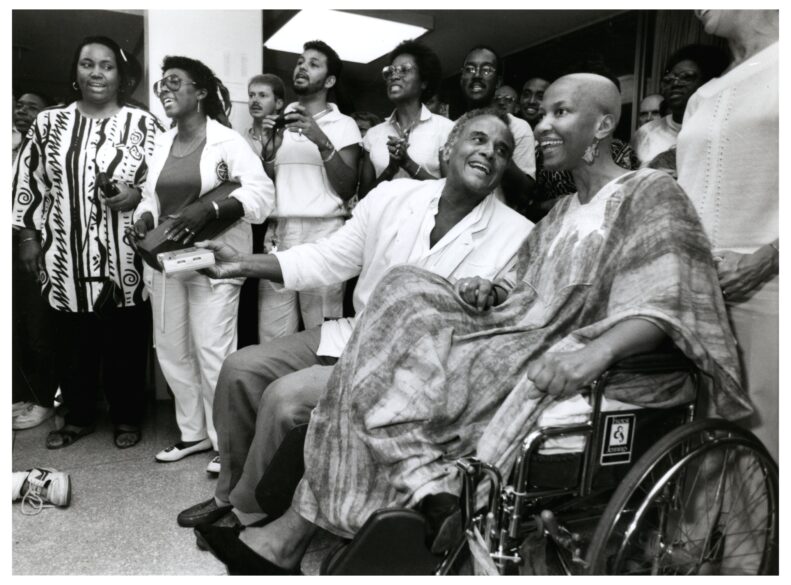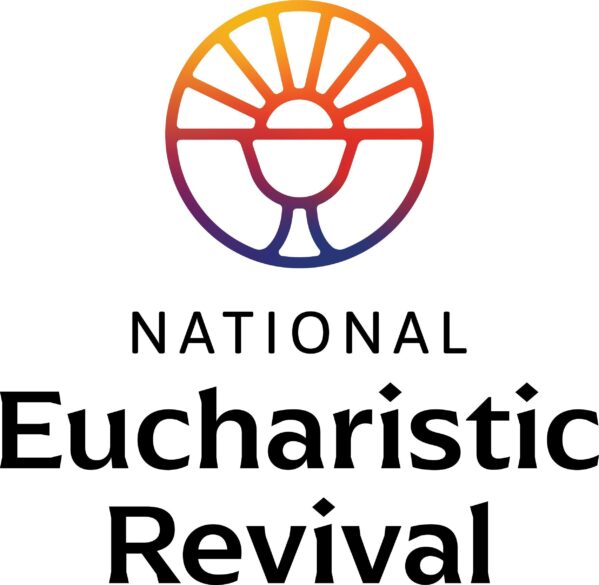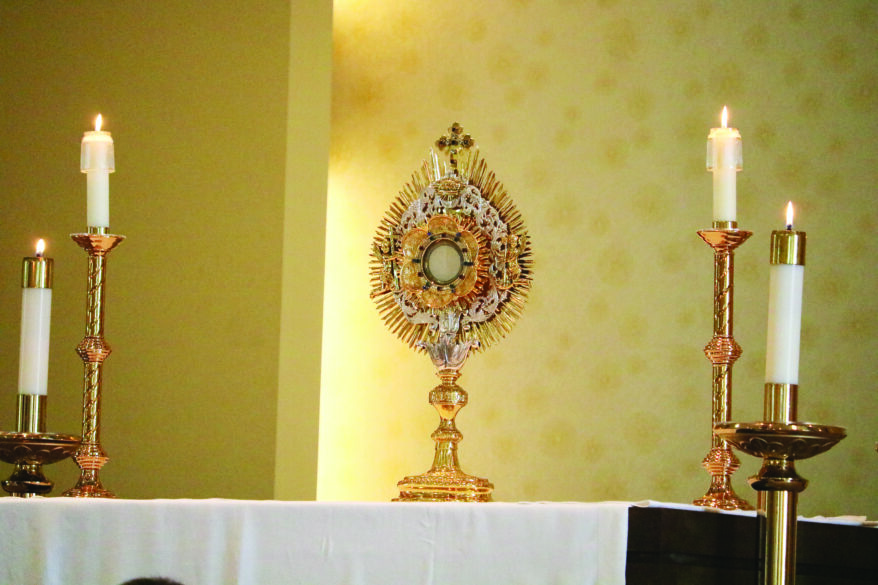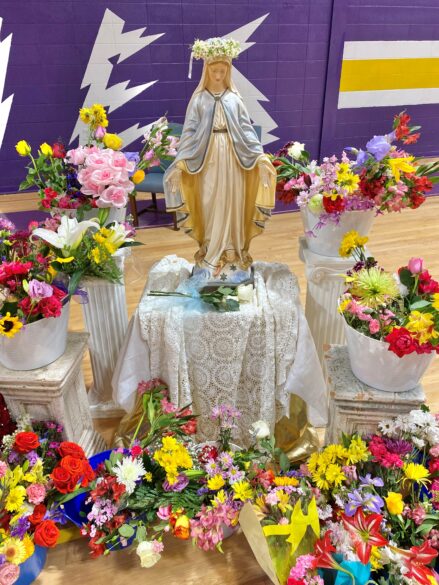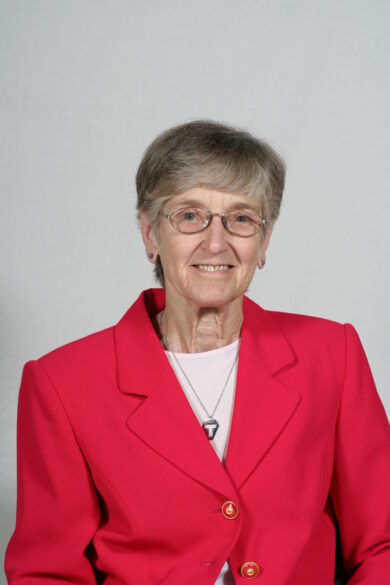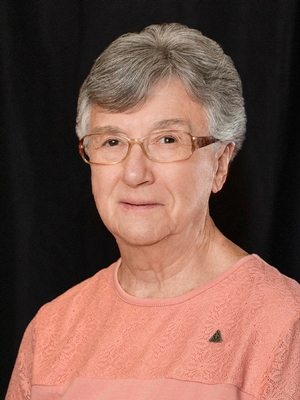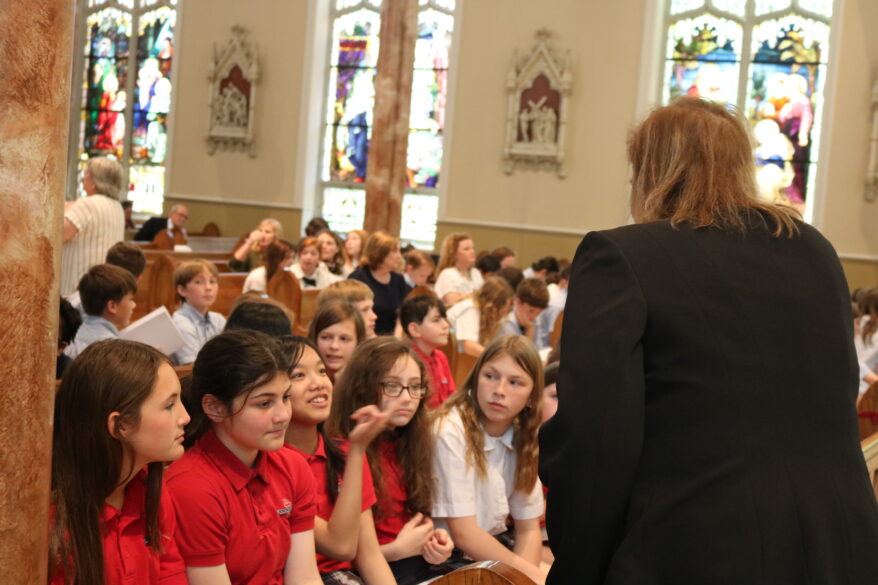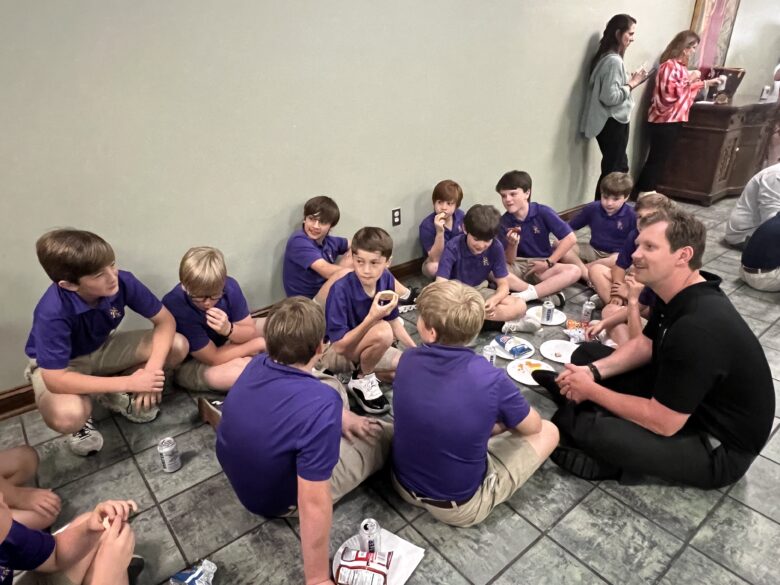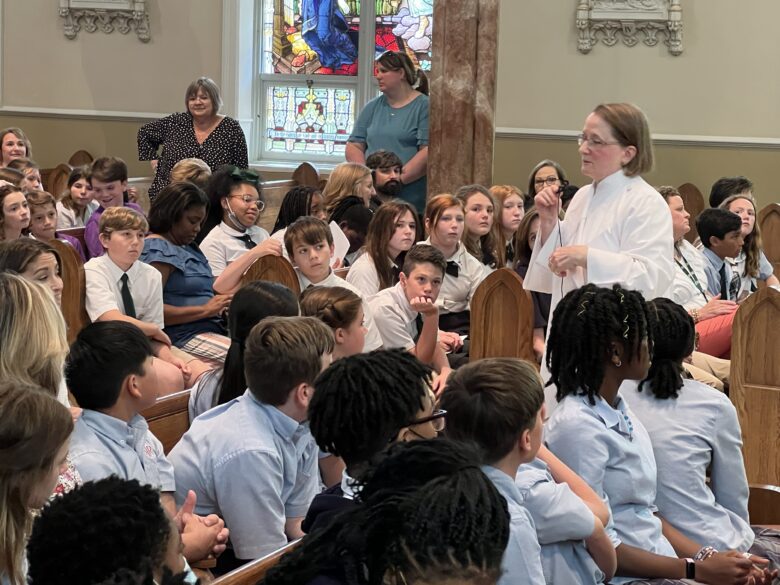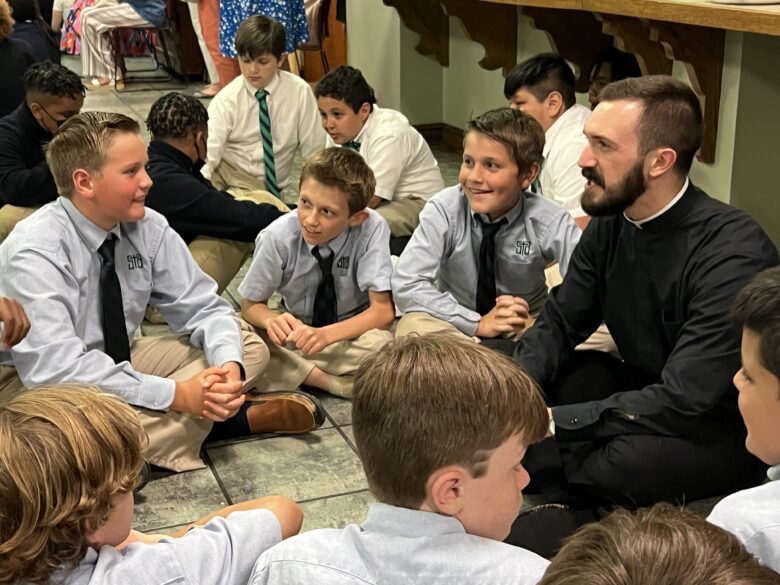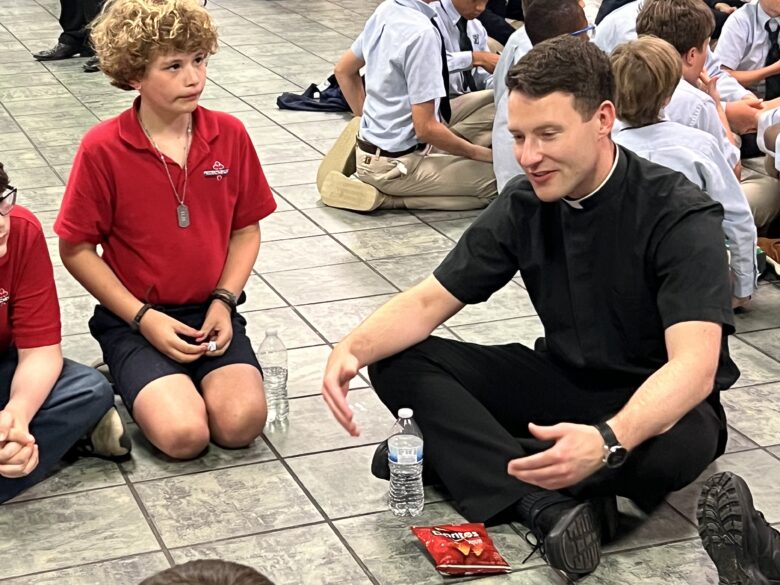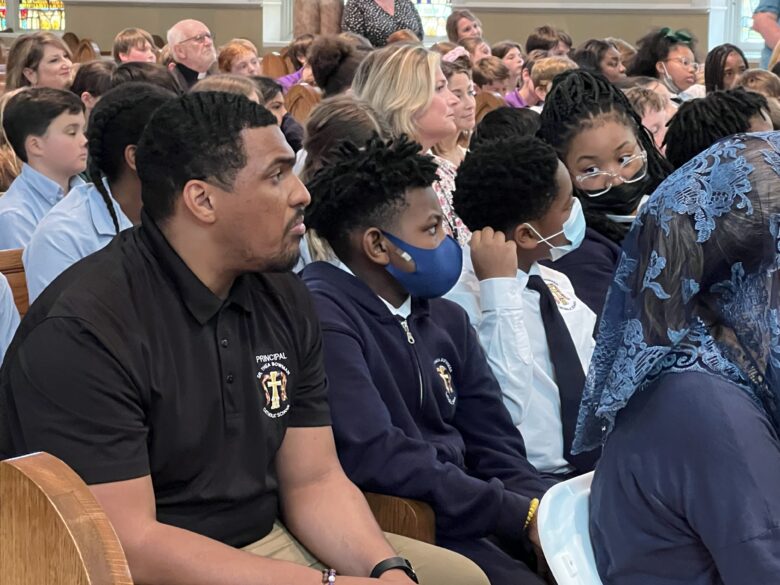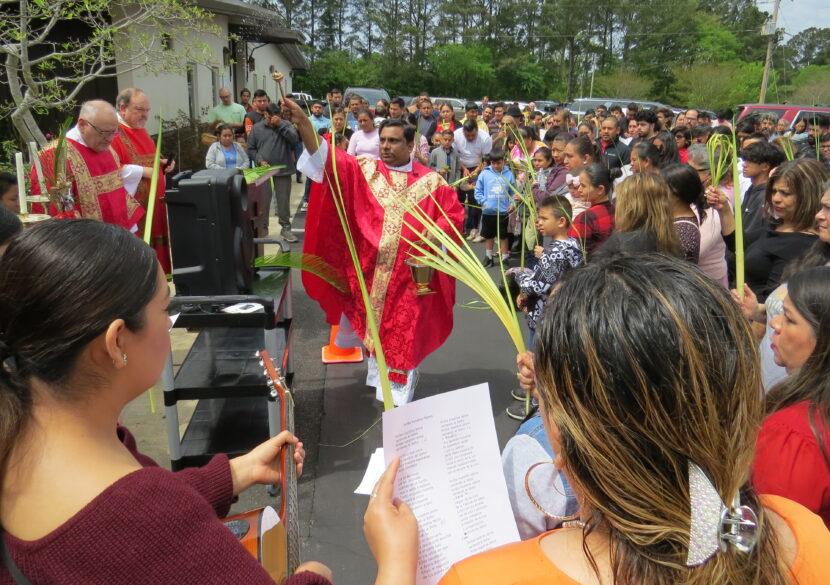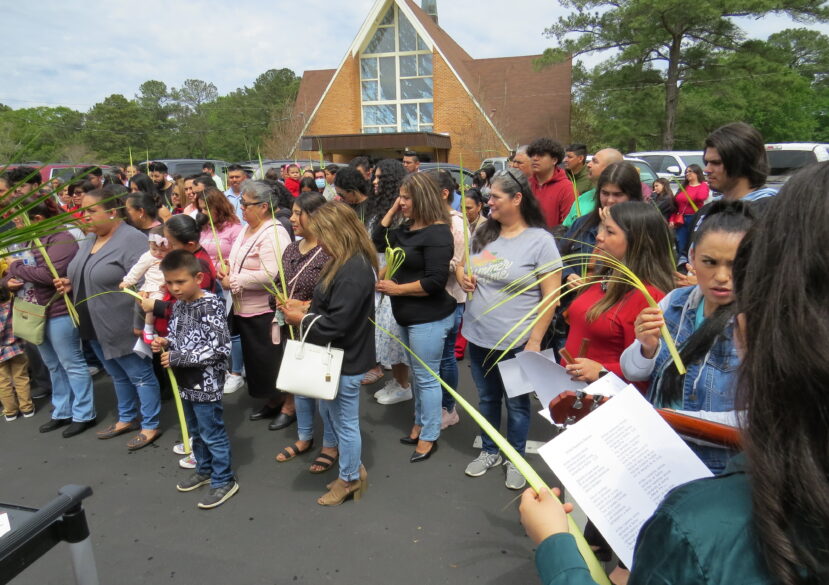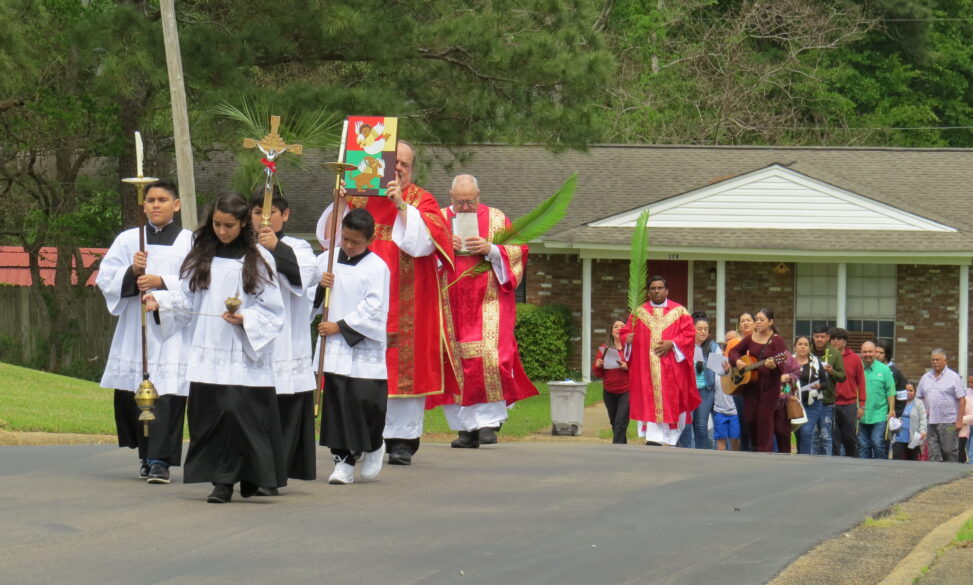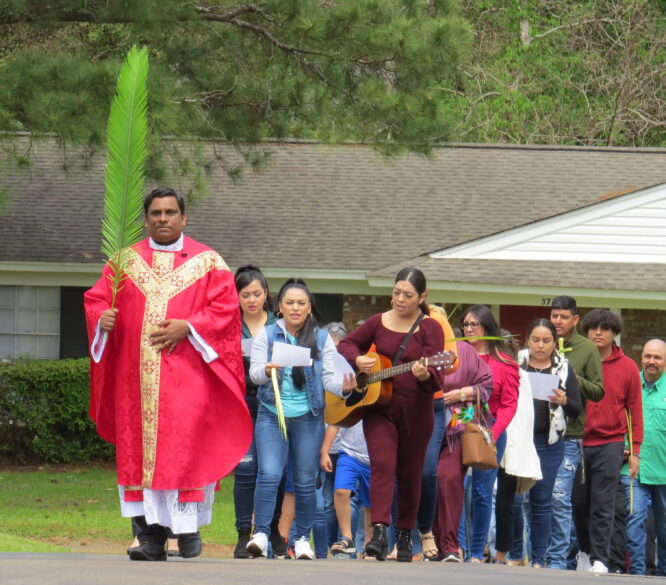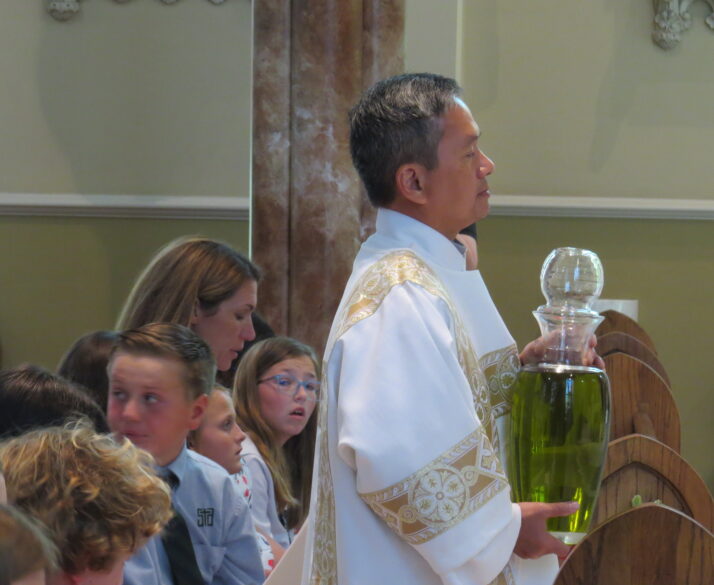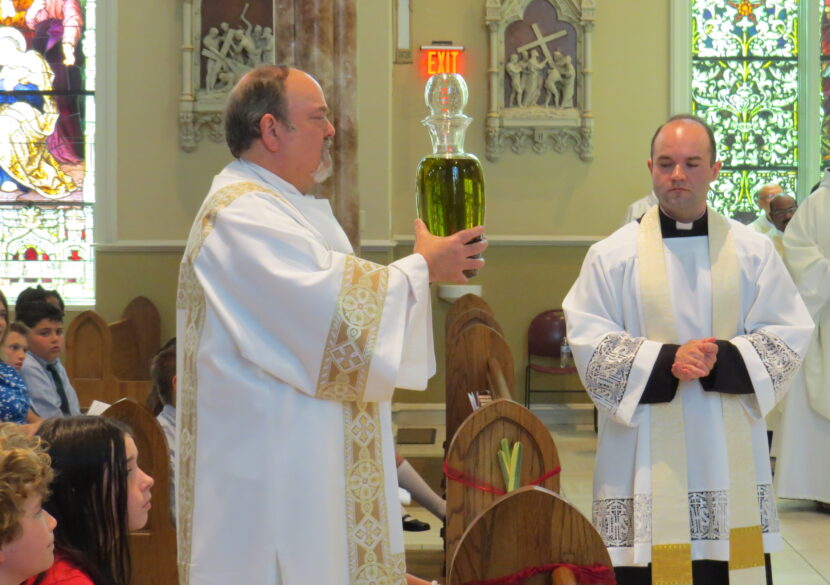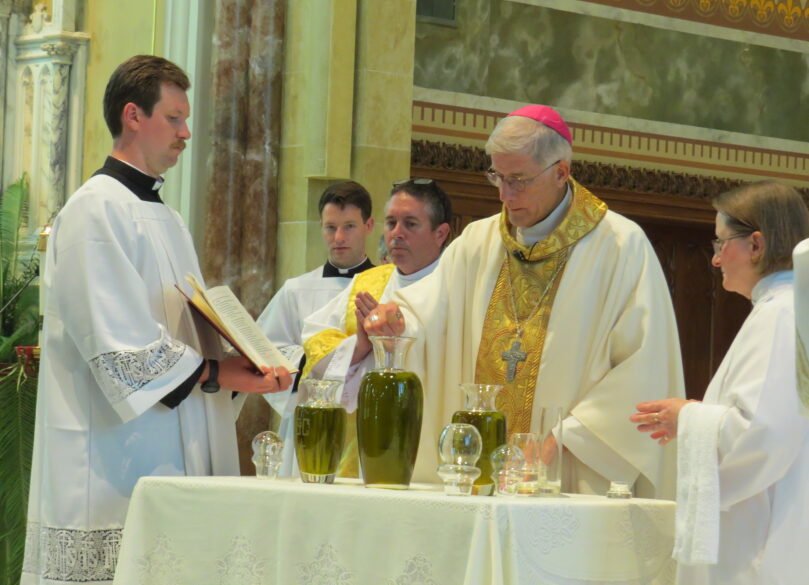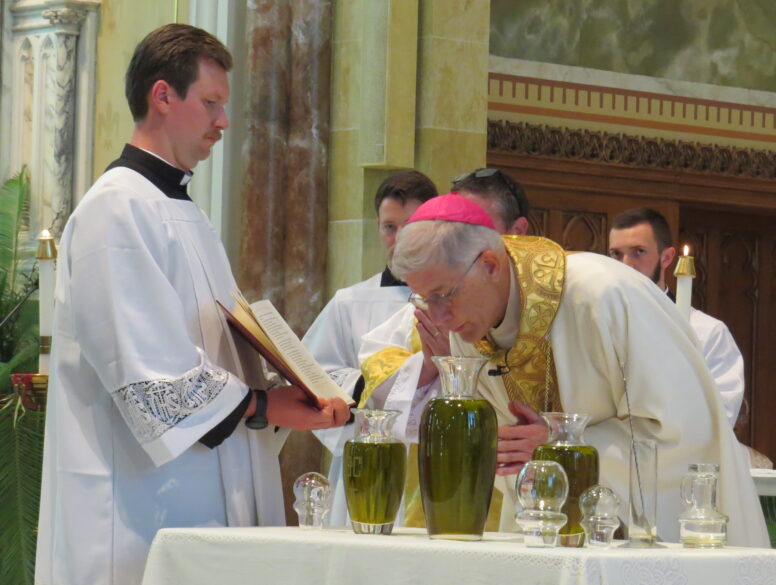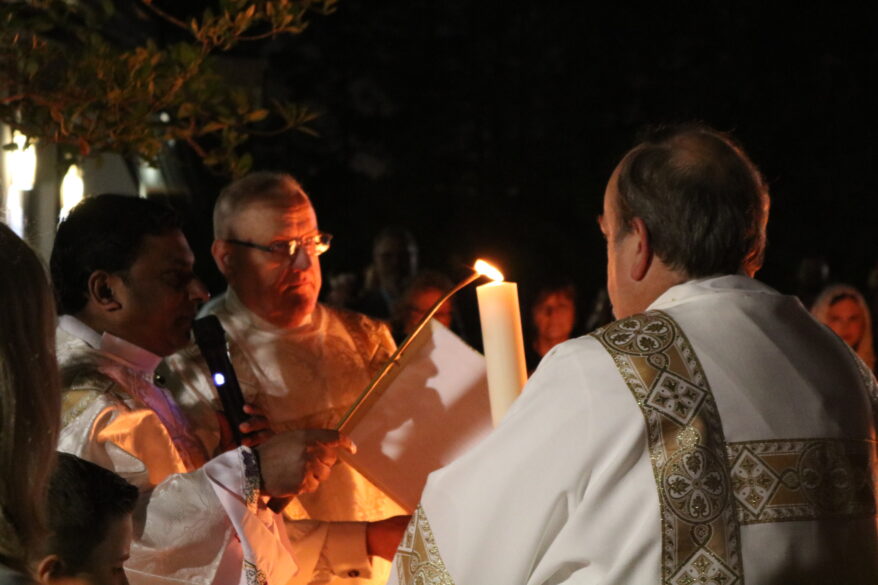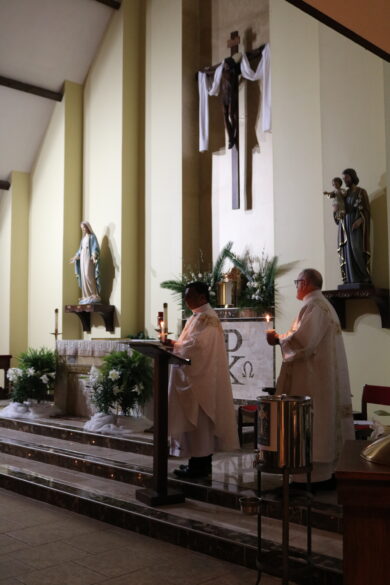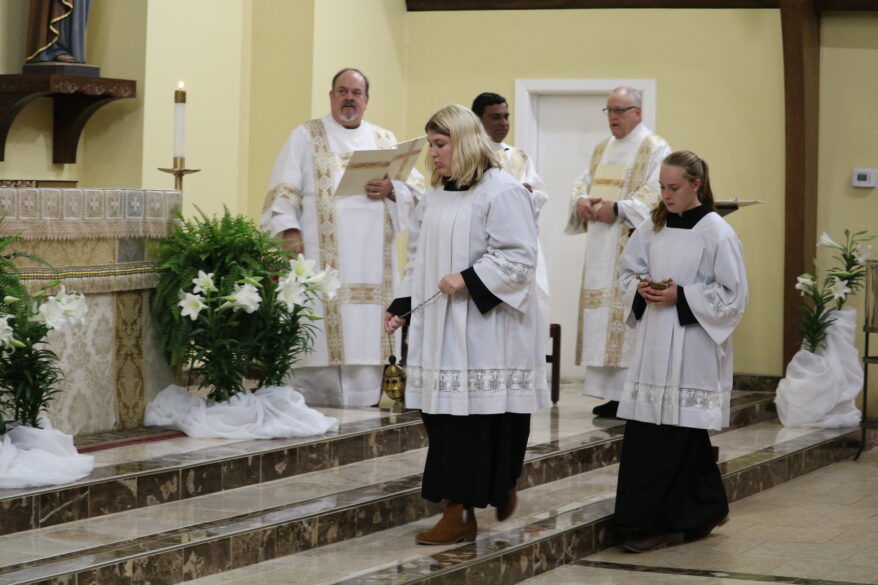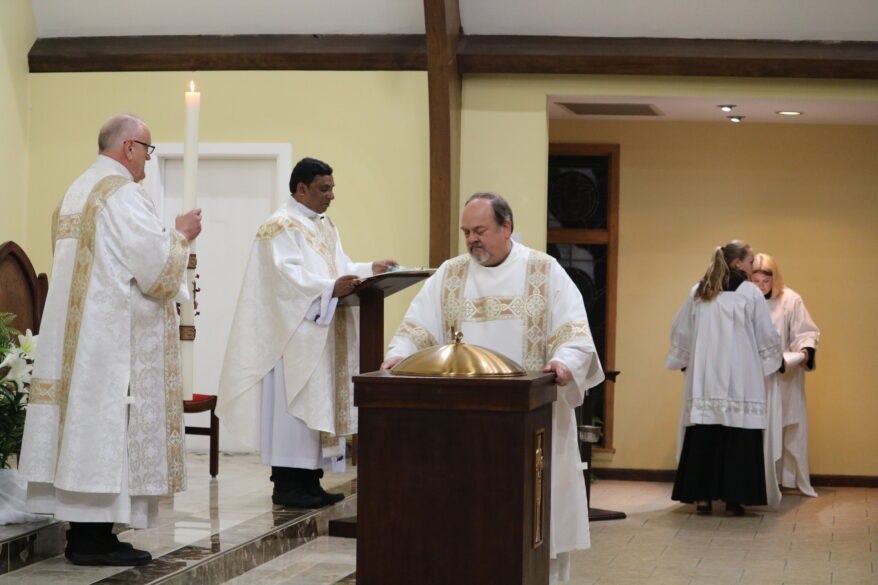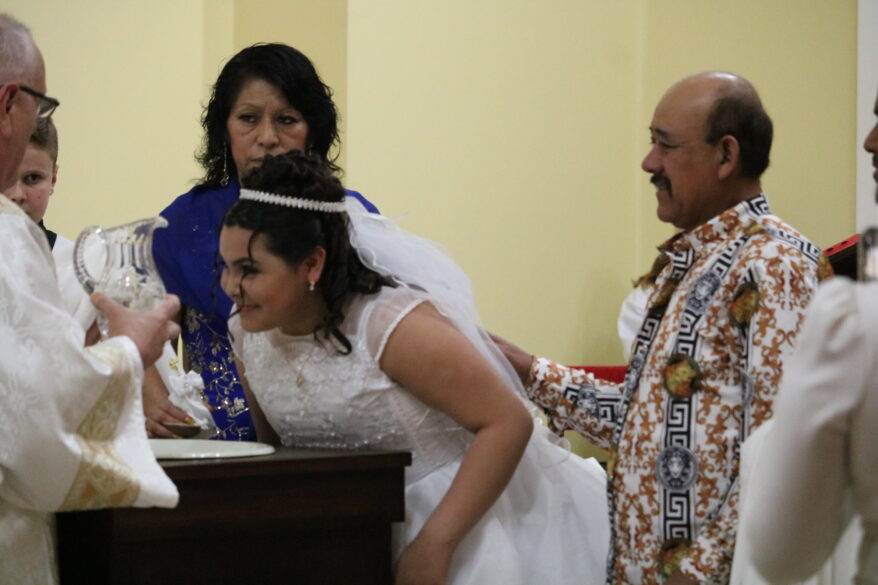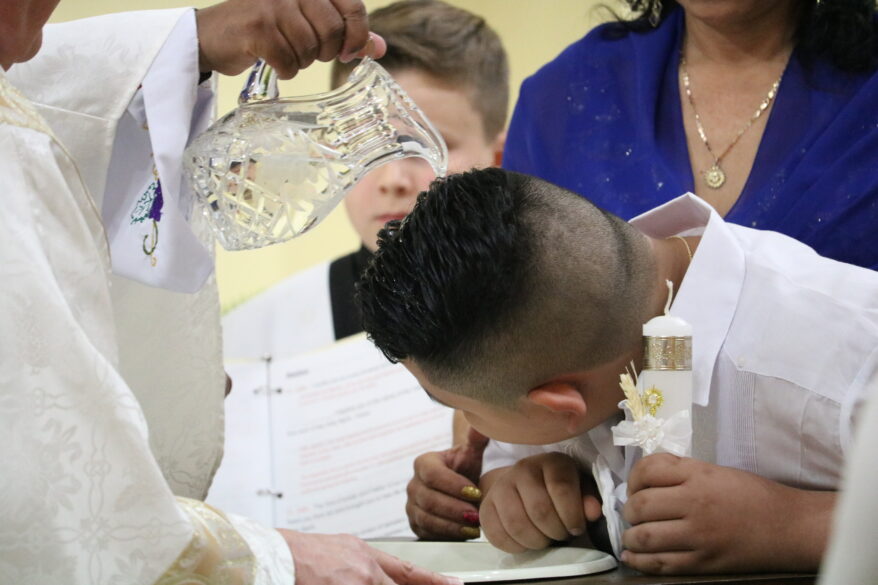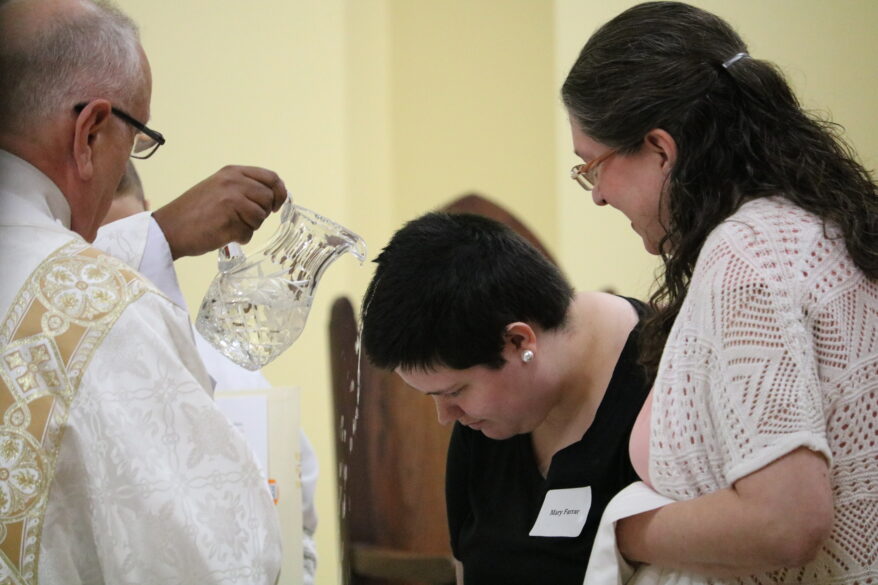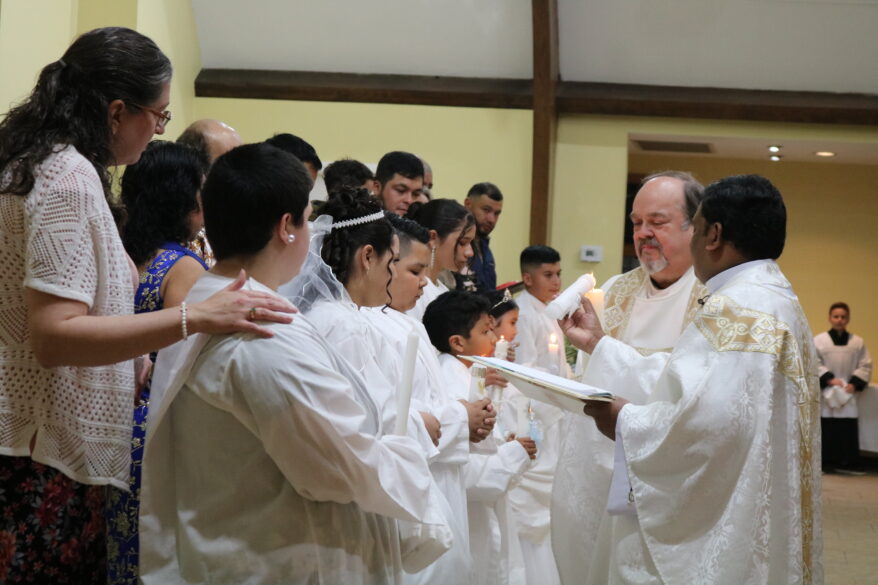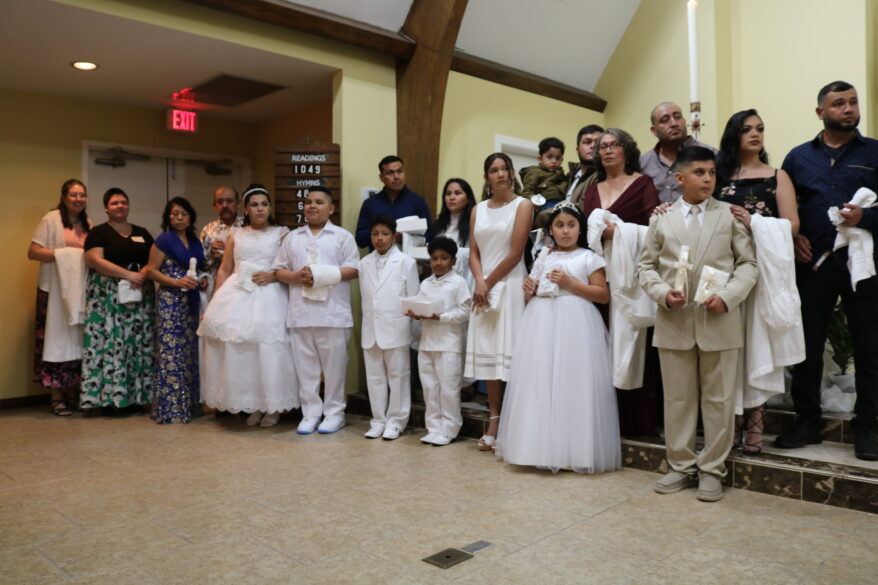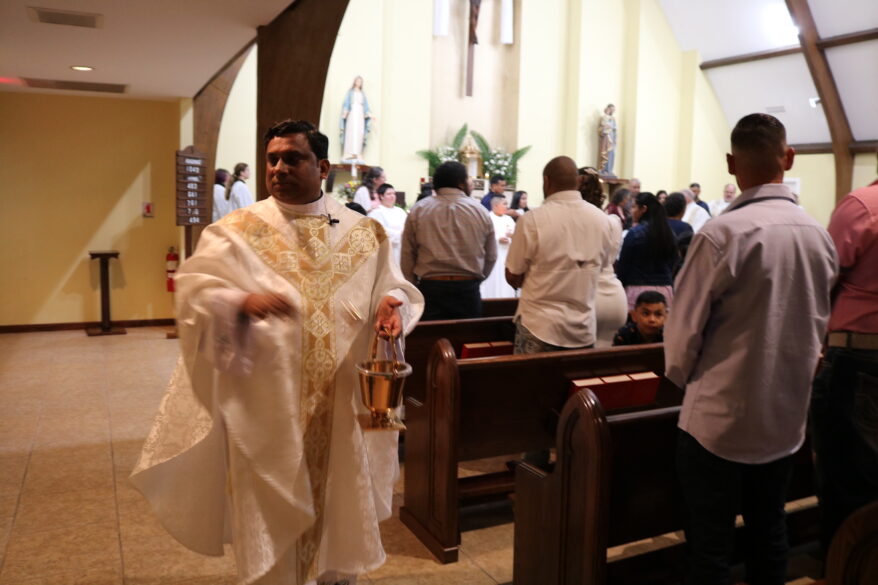SPIRITUAL ENRICHMENT
CHATAWA Marian Servants, Annual “Speak Lord I’m Listening” Retreat, Friday, July 14 at 7 p.m. till Sunday, July 16 at 12 p.m. at the Our Lady of Hope Retreat Center. This retreat will give you the techniques to pray and meditate on the scriptures to deepen your relationship with the Lord. Father Bill Henry will preside. Cost: $300 (includes housing and meals); or $200 for commuters (includes meals). Register by July 7. Husbands and wives welcome. Details: contact Charlene at (601) 276-5954.
BIRMINGHAM, Ala. Catholic Charismatic Renewal Conference, July 21-22 at John Carroll Catholic High School at 300 Lakeshore Parkway held by the Diocese of Birmingham. Conference theme is “Victory in Jesus” and will feature Father James Blount, with Father Eric Gami and Teresa Ragusa, a miracle COVID survivor. Father Blount is an internationally known healing ministry priest of the Society of Our Lady of the Trinity (SOLT) of the Archdiocese of Atlanta. Registration $25 for individuals and $65 for family of three or more. All are welcome! Details: Sally Smith at (205) 983-4150 or mustardsally14@gmail.com. To register visit www.catholiccharismaticrenewal.org.
WASHINGTON D.C. Dominican Rosary Pilgrimage, Sept. 30 at the Basilica of the National Shrine of the Immaculate Conception. Join with Catholics from around the country to seek the intercession of Our Lady. Hear life-changing talks; celebrate Mass and pray the rosary. For more information visit rosarypilgrimage.org.
PARISH, FAMILY & SCHOOL EVENTS
BATESVILLE St. Mary, Rummage Sale, Aug. 4-5 at the parish center. You are welcome to start bringing your gently used items to the center. Details: parish office (662) 563-2273.
HERNANDO Holy Spirit, Cocktails and Catholicism, Friday, July 14. Featured speaker is Father Dennis Schenkel of the Diocese of Memphis on “Talking the Talk and Walking the Walk: Evangelizing as a Catholic.” Details: church office (662) 895-5007.
NATCHEZ St. Mary, Thursday Night at the Movies; June 29 “Father Stu,” July 13 “The Shack,” and July 27 “The Scarlet and the Black.” Suitable for adults and older teens. Soft drinks, snacks and popcorn available for small donation. No admission fee, donations to Miss-Lou Pregnancy Center accepted. Details: church office (601) 445-5616.
RIDGELAND Catholic Charities, Back to School Giveaway, Friday, July 21 from 10 a.m. to 2 p.m. Free school supplies, games and food provided. Register at https://bit.ly/CCSchoolSupplyGiveaway23 Details: marsha.burton@ccjackson.org.
VACATION BIBLE SCHOOL & YOUTH EVENTS
BATESVILLE St. Mary, VBS, July 14-16 at the parish center. Volunteers needed. Details: Robin at (662) 934-8170.
BROOKHAVEN St. Francis, “Stellar” VBS, July 16-19 from 5:30-8 p.m. Launch kids on a cosmic quest where they’ll have a blast shining Jesus’ light to the world. Volunteers needed. Details: call Emily at (601) 757-0579.
GREENVILLE St. Joseph, VBS for grades K to fifth grades, July 16-18 from 5:30-7:30 p.m. at St. Joe High School. Visit stjosephgreenville.org to register or volunteer. Details: Alyssa at (662) 820-0868.
MERIDIAN St. Patrick, Hero Hotline VBS, June 26-30 from 8 a.m. to 12 p.m. in the parish center. All children entering Kindergarten through sixth grade welcome. Registration fee $10 but no child will be turned away. Register at catholiccommunity.mycokesburyvbs.com. Details: church office (601) 693-1321.
St. Patrick, Chronicles of Narnia youth movie nights, July 5, 12 and 19 at 5:30 p.m. in the Father Vally Room. Details: church office (601) 693-1321.
NATCHEZ St. Mary, “Stellar” VBS, July 17-22, evening hours to be announced. Details: church office (601) 445-5616.
PEARL St. Jude, VBS – Family Style, June 28, July 5 and 12th from 6:30-7:30 p.m. We will have picnic supper, Bible story, crafts, inside and outside fun and games. Mass at 6 p.m. Target audience is Kindergarten through fifth grade and their families. No charge, canned good donations welcome. Details: to attend please contact Kathleen so we know how many to prepare for – (601) 939-3181.
REMINDERS/NOTICES
JOB OPENINGS Catholic schools across the diocese have a variety of positions open. Please visit https://jacksondiocese.org/employment for an opportunity near you.
INDIANAPOLIS Eucharistic Congress, July 17-21, 2024. Registration is now open. See what Our Lord has in store for this next chapter for the Catholic Church in United States. Purchase tickets at https://bit.ly/3ydav9Q. Details: EucharisticCongress.org.
NASHVILLE Billings Ovulation Method Teacher Training, Oct. 19-21. Learn the science of fertility in order to monitor reproductive health and wellness. Cost: $750. Details: events.boma-usa.org.
NATIONAL BLACK CATHOLIC CONGRESS GATHERING, July 20-23 at the Gaylord National Resort and Convention Center in Oxon Hill, Maryland. Join with other Black Catholics and those who minister to Black Catholics for a celebration of faith and culture. Details: nbccongress.org.
WORLD YOUTH DAY: LISBON 2023 Event for young Catholics ages 16-35, though all are welcomed to attend in Lisbon, Portugal. For more information visit: https://www.lisboa2023.org/en/.
ENGAGED ENCOUNTER WEEKENDS July 14-16 and Oct. 27-29 at Camp Garaywa in Clinton. Please register at www.jacksondiocese.org/family-ministry.
INDIANAPOLIS National Catholic Youth Conference (NCYC), Nov. 16-18, 2023 at the Indiana Convention Center. This distinctly Catholic three-day conference will include opportunities for spiritual growth, prayer, learning and service. For more information, visit ncyc.us.

